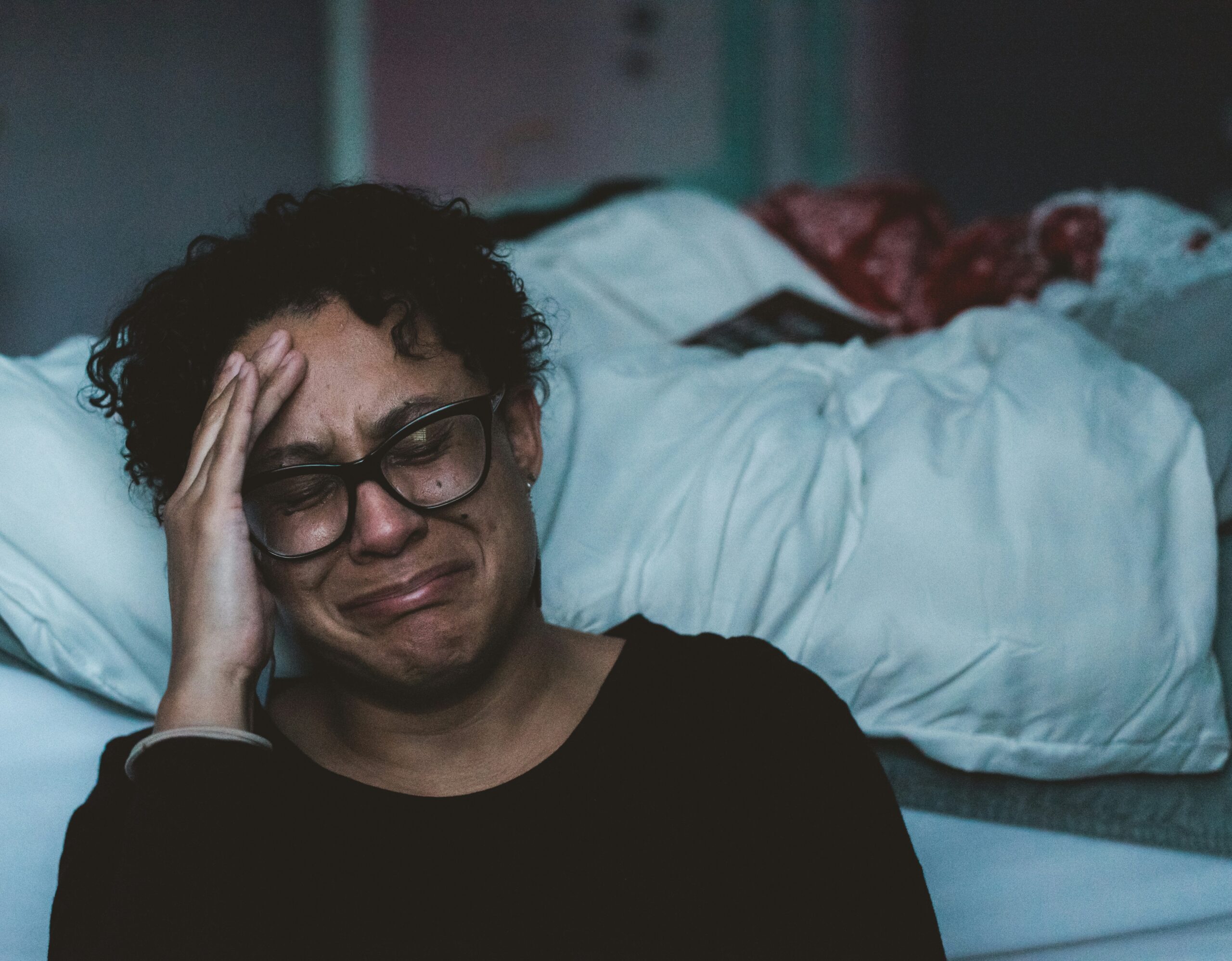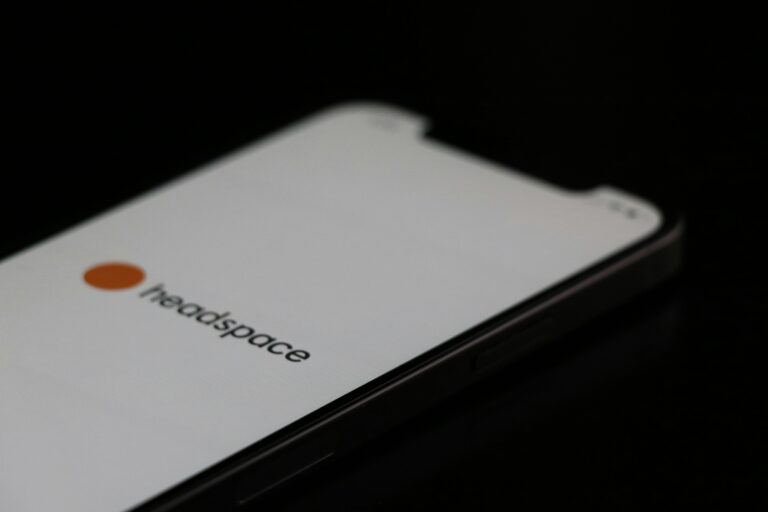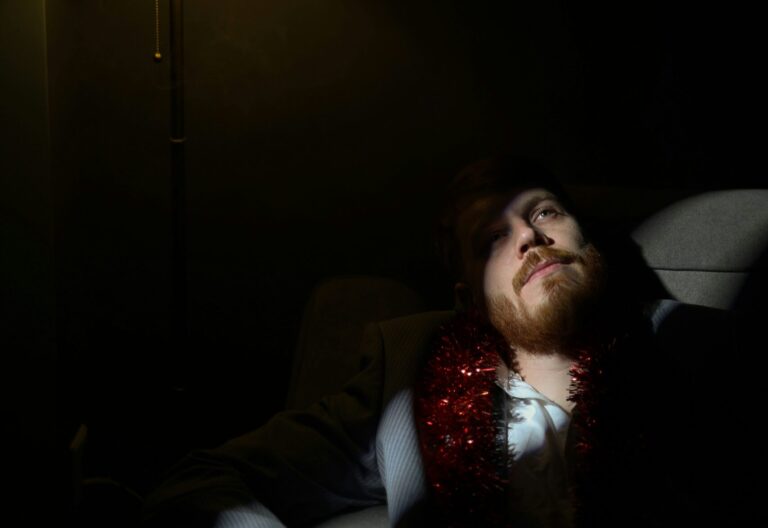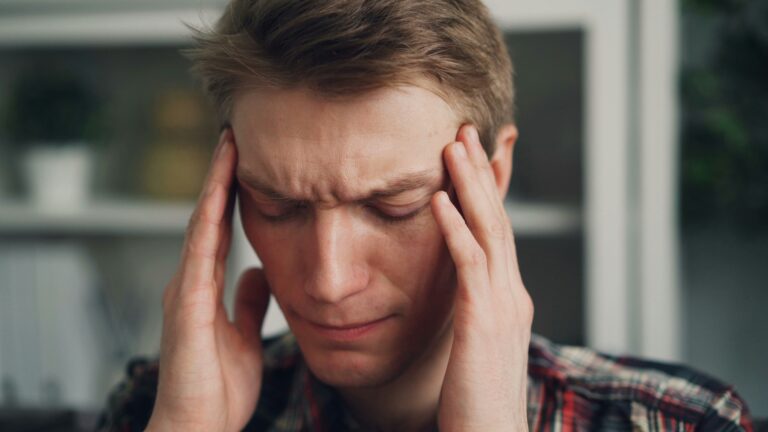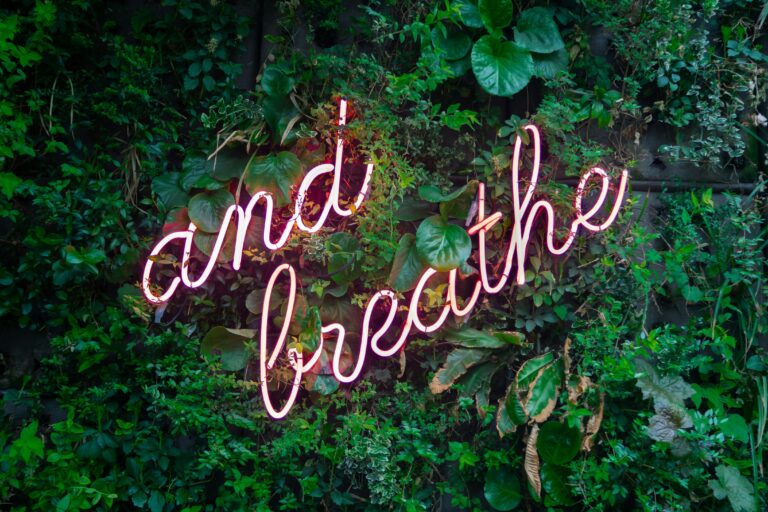Why Panic Attacks Happen at Night? Here’s How to Regain Control in Minutes
Have you ever woken up in the middle of the night with your heart racing, chest tight, and an overwhelming fear that something terrible is happening? If yes, then you’re not alone because many people experience sudden, terrifying episodes of panic attacks at night. But the good news is that understanding why panic attacks happen at night and learning how to manage them can help you regain calm in just a few minutes.
In this blog, I’ll help you understand what a panic attack is, why they happen at night, and how you can regain control in minutes.
Discover more health-related information on Healnology, and enjoy reading.
What Is a Panic Attack at Night?
Before moving on to the answer to this question of why panic attacks happen at night, let’s discuss what a panic attack actually is.
A panic attack is a sudden episode of intense fear or discomfort, often with physical symptoms like a feeling of losing control, even when there’s no real danger. A nocturnal panic attack is an attack that happens at night. It’s a sudden surge of fear that occurs during sleep and happens without a dream trigger.
According to the National Institute of Mental Health (NIMH), panic attacks involve symptoms such as rapid heartbeat, sweating, trembling or shaking, shortness of breath, or a feeling of impending doom.
Clinical psychologist Dr. Ellen Hendriksen explains, “Nocturnal panic attacks are your body’s alarm system going off in the absence of real danger.”
Finding it difficult to fall asleep at night? Read our article 5 Sleep Habits That Improve Anxiety and Depression
Why Panic Attacks Happen at Night
As we got familiar with nocturnal panic attacks, you might be wondering why panic attacks happen at night when the world is quiet and we are at rest. There can be several reasons, like:
- Unresolved worries from the day can carry over into your sleep cycle.
- Sleep Cycle Changes, panic attacks are more likely to happen when you’re in the lighter, less deep stages of sleep.
- Physiological Sensitivity, changes in breathing or heart rate during sleep may trigger the brain’s “false alarm.”
Research in the Journal of Anxiety Disorders (ScienceDirect) highlights that people already suffering from panic disorder are more prone to nocturnal episodes due to heightened sensitivity in their nervous system.
As psychiatrist Dr. David Carbonell says, “Your body may interpret normal nighttime changes—like slower breathing—as signals of danger, sparking a panic attack.”
You may also like our article on What Really Happens to Your Body During a Panic Attack – And How to Calm It Fast.
I’ve also written about anxiety worsening at night, know the reason behind it in my article, Why Anxiety Gets Worse at Night: Understanding the Nighttime Spike.
How to Regain Control During a Panic Attack at Night
The moment you feel a panic attack at night, it’s important to remember: you are safe. These steps can help you calm down in just minutes.
1. Focus on Your Breathing
It is one of the most effective techniques to calm a panic attack faster. Slow, deep breathing can counter the body’s panic response. Try inhaling for 4 seconds, holding for 2, and exhaling for 6.
Expert tip from the Anxiety & Depression Association of America (ADAA): “Controlled breathing reduces physical symptoms and helps signal your brain that the danger has passed.”
2. Ground Yourself with the 5-4-3-2-1 Technique
This is an interesting and interactive method in which you look around the room when a panic attack strikes and name the 5 things you see, 4 things you can touch, 3 things you hear, 2 things you smell, and 1 thing you can taste, which can be your saliva too.
This sensory grounding can pull your mind away from panic and get it back into the present.
3. Use Reassuring Self-Talk
When a sudden panic attack hits at night, remind yourself that “This is a panic attack. It will pass. I am safe.” This is an effective practice that most cognitive-behavioral therapists recommend because it reduces catastrophic thinking and the intensity of a panic attack.
4. Avoid Fighting Sleep Immediately
Many people rush to “get back to sleep” right after a panic attack at night, but experts suggest allowing your body a few minutes to settle and not fighting sleep immediately.
Sleep researcher Dr. Matthew Walker, author of Why We Sleep, explains, “The more pressure you put on yourself to sleep, the more alert your brain becomes. Calm first, rest second.”
As panic attacks begin with mild anxiety, especially nighttime anxiety, my article How to Reduce Nighttime Anxiety Fast, will help you to reduce it if you feel yourself in this situation.
Preventing Future Panic Attacks at Night
Although you may not be able to stop panic attacks entirely from your life, some lifestyle adjustments can make them less frequent, like reducing caffeine and alcohol intake before bed, practicing relaxation techniques such as meditation or journaling, maintaining a consistent sleep schedule, and seeking therapy if panic attacks are frequent or severe.
For more strategies, visit the Mayo Clinic’s page on Panic Disorder.
Related Reads You May Find Helpful
If you found this article on “Why Panic Attacks Happen at Night” useful, you might also want to explore a few more resources related to health topics.
- Want to know if you’re suffering from depression? Read: 5 Common Symptoms of Depression You Shouldn’t Ignore
- Nighttime overthinking isn’t sparing you, read: Why I Can’t Stop Overthinking at Night?
- Struggling to manage stress and maintain good physical health, read: How to Manage Stress for Better Physical Health.
- Stress and anxiety can be caused by something deeper in females, maybe it’s hormonal imbalance. Learn more in my article, Can Hormonal Imbalance Cause Anxiety in Females?
Final Thoughts
Wondering why a panic attack happens at night can make you feel overwhelmed, but it doesn’t define you. By understanding what panic attacks are and why they happen at night and applying quick strategies like breathing exercises, grounding, and calming self-talk, you can regain control in just minutes.
As Dr. Hendriksen reminds us, “Panic attacks are frightening, but they are not harmful. With practice, you can teach your body and mind to ride out the wave and return to calm.”
You can explore our next article on Why Do I Feel Tired All the Time Even After Enough Rest? It might help you regain your energy and fight panic attacks effectively.
Have you ever experienced a panic attack? Let me know in the comments section. I’d love to hear your story.
If this article helped you, share it with a friend who struggles with panic attacks. For more practical guides on health, wellness, and lifestyle, visit Healnology.
Frequently Asked Questions (FAQ)
Yes. These are called nocturnal panic attacks and can wake you suddenly with symptoms like racing heart, sweating, and shortness of breath.
Most panic attacks, including those at night, last between 5 to 20 minutes, though the aftereffects like fatigue or anxiety may linger longer.
While they feel frightening, panic attacks themselves are not dangerous. However, frequent episodes may signal panic disorder or another underlying condition, and it’s important to consult a healthcare professional.
Techniques like slow breathing, grounding exercises, and reassuring self-talk can help calm the body in minutes.
Yes. Maintaining a consistent sleep routine, limiting caffeine and alcohol, and practicing stress management can reduce their frequency.

